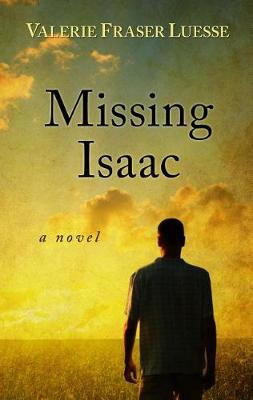
readingwithwrin
Written on Mar 28, 2018
One thing we must remember while reading this book is that it's the 60's in the south. It wasn't kind to people of color or those who didn't own lands or anything else.
Missing Isaac follows a young man named Pete as he grows up throughout his childhood. We see his loss, and his determination to find his best friend Isaac who is a field hand. Pete's family not only has money but owns a big farm and has sharecroppers as well. His grandfather is the one still in charge and is someone that is fair and kind to everyone even the people of color that work for him. He doesn't think that color should matter and because of that Pete doesn't either.
Pete is a character that was kind, caring, and loved the simpler things of life. He found love in a place that most people refused to go near unless it was to taunt. Dovey was someone who helped Pete see a different side of life and showed us how caring he was.
Overall, I enjoyed this book. Not only was it nice to see a different side to the south in the 60's. It was also nice to see a young man living during this time and sticking up for everyone and truly wanting the best for them. I found the first half of this book really good, but the last half kind of fell flat for me. Maybe it was because this seemed to become a type of romance book with a side of still trying to find Isaac. I was also bothered by how Pete's family was just able to throw money at everything to try and fix it. While realistic it also just bothered me because of how poor so many others were in town. I did like how they didn't let their money change how they saw people and they did truly care about everyone.
Despite those two things, I did love how Pete and Dovey worked through things. Dovey's dad and family respected her decision and supported it, even if they didn't always understand it. As for if Isaac is ever found, well that's something you'll have to read the book to find out.
The religion in this book was very minimal, we do see them going to church and talking about it, but this was something that most people did in small towns during this time period. It also wasn't something that was talked about a lot at home, so to me, it felt like a non-religious book for the most part.
